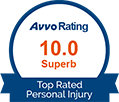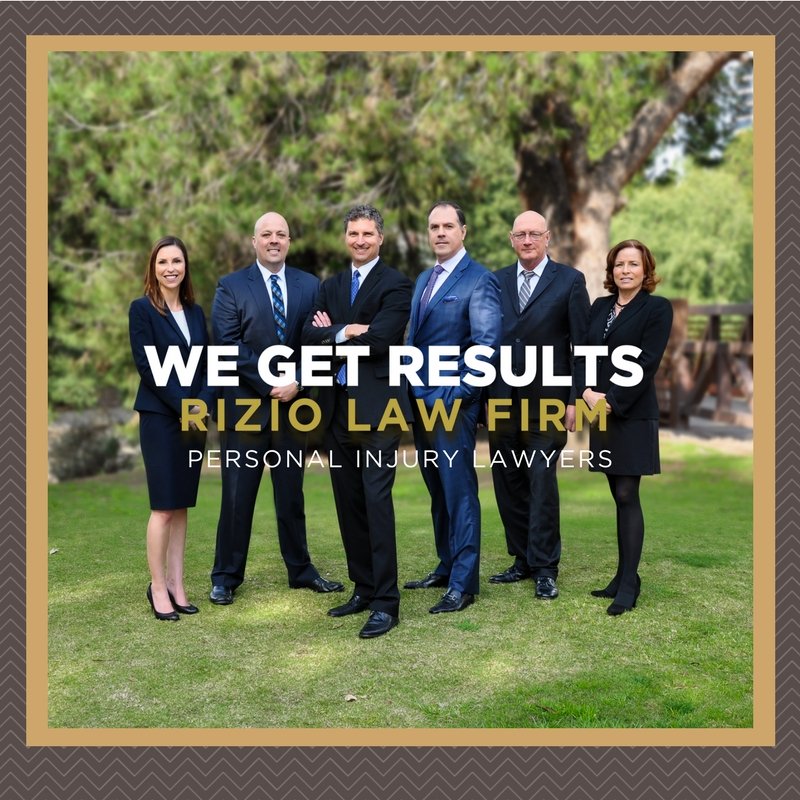Orange County
Workplace Discrimination Lawyer


All California employees should be judged by the quality of their work, not by what they look like, how they worship or who they love. Unfortunately, this is not always the case. Even though state and federal laws protect employees from workplace discrimination, the problem still occurs at a troubling rate. Worse, it can be hard to prove. However, with the help of an Orange County workplace discrimination attorney, employees could fight back against a discriminatory employer and obtain compensation.
What is workplace discrimination?
U.S. employers are forbidden from discriminating against employees based on race, religion, sex or gender, national origin, age, disability, pregnancy or childbirth. These protections are provided by a series of federal laws. For example, Title VII of the Civil Rights Act of 1964 shields workers from discrimination related to their color, race, religion, sex or national origin. It also protects women from discriminatory actions due to pregnancy, childbirth or medical complications related to pregnancy or childbirth. Meanwhile, the Age Discrimination in Employment Act (ADEA) protects workers who are 40 or older from age discrimination, and the Americans with Disabilities Act (ADA) and Rehabilitation Act of 1973 (Rehab Act) protect workers from bias related to disabilities. These federal laws are enforced by the U.S. Equal Employment Opportunity Commission (EEOC).
California law also protects workers from discrimination. The California Fair Employment and Housing Act forbids employers from showing bias based on race, religious creed, color, national origin, ancestry, genetic information, mental disability, physical disability, medical condition, sex, gender, gender identity, gender expression, sexual orientation, age and military or veteran status. California law also makes it illegal for employers to enact certain “English-only” policies. These laws are jointly enforced by the California Department of Fair Housing and Employment and the EEOC. A workplace discrimination lawyer could help a victim file a complaint with either agency.
How common is workplace discrimination?
The EEOC reports that it received 84,254 workplace discrimination charges in 2017. Workplace retaliation was the most common form of discrimination, accounting for 41,097 charges. Race discrimination came in second, with 28,528 charges, and disability discrimination came in third, with 26,838 charges. Sex and age discrimination rounded out the top five, with 25,605 and 18,376 charges, respectively.
Discrimination charges resulted in a total of $398 million in financial settlements paid to victims in the private and government sectors last year. Affected employers paid an average of $160,000 in legal defense fees and settlements for discrimination cases.
While these statistics are sobering, they do not paint a complete picture of the problem. Many legal experts believe a large percentage of discrimination and harassment cases go unreported.
What is the difference between workplace discrimination and harassment?
Many people use the terms discrimination and harassment interchangeably, but they actually have different definitions. Discrimination happens when an employer shows bias against groups of people because of protected characteristics, such as the color of their skin. However, harassment is aimed at a specific worker, such as a woman who is sexually harassed by her supervisor. Examples of harassment may include slurs, epithets and offensive jokes, lewd comments, physical assaults, threats, unwanted sexual advances and requests for sexual favors.
The perpetrator of harassment could be the victim’s manager, a manager from another department, a co-worker or a non-employee, such as a client. The perpetrator can be of the opposite sex or the same sex.
Discrimination cases tend to be systemic and are typically aimed only at the employer, while harassment cases can be filed against the employer and the individual who engaged in the harassment.
Types of workplace discrimination
Workplace discrimination comes in many forms. Here are some common examples:
Race or Color
It is illegal for employers to treat an employee or job applicant differently because of his or her race or skin complexion. For example, a business cannot favor white employees over black or Hispanic employees. It also cannot hire only applicants with lighter or darker skin complexions.
National Origin
Employers are forbidden from treating employees poorly because they are from a particular country or region of the world, have a particular ethnicity or speak with an accent. An example of this could be a company that avoids hiring workers who speak English as a second language.
Age
With rare exceptions, employers are prohibited from showing bias against an employee or job applicant because of his or her age. For instance, employees over the age of 40 cannot be fired in favor of younger workers. It is also illegal to show age discrimination when offering internships or apprenticeship programs. An example of this could be a company that only allows college-age applicants to take part in its internship program.
Disability
It is against the law for employers to terminate or deny employment to qualified workers who happen to have a disability. Instead, employers are required to make reasonable accommodations for disabled workers. For example, a company cannot maintain a work environment that includes significant barriers of movement for workers with physical disabilities. It must allow all employees equal physical access to the space. In addition, a company cannot ask job applicants about past or current medical conditions or require applicants to take medical exams before they are hired.
Religion
Employees are protected against discrimination based on their religious beliefs. Employers cannot favor or show bias against workers because they are a member of a particular religious group, including Buddhism, Christianity, Hinduism, Islam and Judaism. They also cannot discriminate against workers because they have no religious affiliation or religious beliefs.
Sex or Gender
Employers cannot discriminate against workers because of their gender or perceived gender. For instance, a company cannot favor male workers over female workers. It is also against the law to discriminate against transgender employees.
Pregnancy
Pregnancy discrimination in the workplace is against the law. A woman cannot be fired because she becomes pregnant or is temporarily unable to work due to a pregnancy- or childbirth-related medical condition. Employers must treat a pregnant employee as they would an employee who has a temporary disability.
Hostile Work Environment
Employers are legally barred from creating a hostile work environment that interferes with a worker’s ability to perform a job or harms his or her mental or physical well-being. For example, a company that fails to protect workers from discrimination or harassment could be found liable for creating a hostile work environment.
Retaliation
Employers cannot retaliate against workers for reporting incidents of discrimination or harassment. They also cannot fire, demote or harass whistleblowers who disclose certain information about their employers to authorities.
Do I need to hire a workplace discrimination lawyer?
Workplace discrimination cases are often complex and confusing. Employees who face workplace discrimination or harassment may benefit by speaking to an Orange County workplace discrimination attorney about their situation. An attorney could review the case and offer essential guidance on how to resolve the problem. Legal counsel could also carefully explain how to properly document employer violations and, if necessary, help prepare and file a formal complaint with the DFEH or the EEOC.
Victims of workplace discrimination could be entitled to back pay of lost earnings, front pay of future earnings, lost benefits, damages for emotional distress, punitive damages, court costs and attorneys’ fees. Contact us today for your free consultation.
- This article should only be used for informational purposes. It does not constitute legal advice, and it does not create an attorney-client relationship with anyone. If you need legal advice, please consult an attorney in your community.
A Review of Rizio Lipinsky Heiting
Workplace Discrimination Lawyer

When I was discriminated and denied a job for being pregnant, I was devastated, overwhelmed, mad and hurt. When I met with Mr. Lipinsky he let me know it was going to be ok, any questions or concerns he answered right away. He made me feel like a friend not just a client, someone I can talk to and would listen. He really looks for your best interest at heart. I looked around for other lawyers before finding Mr. Lipinsky, and he was the only one that truly explained everything to me in detail and spoke to me with the truth with anything and everything dealing with my case. With Mr. Lipinsky you don't only have a lawyer that will fight for what is entitled to you, but a friend that lets you know its ok and things like this happen to the best of us.
 5/5
5/5
Rizio Lipinsky Heiting - Orange County





















